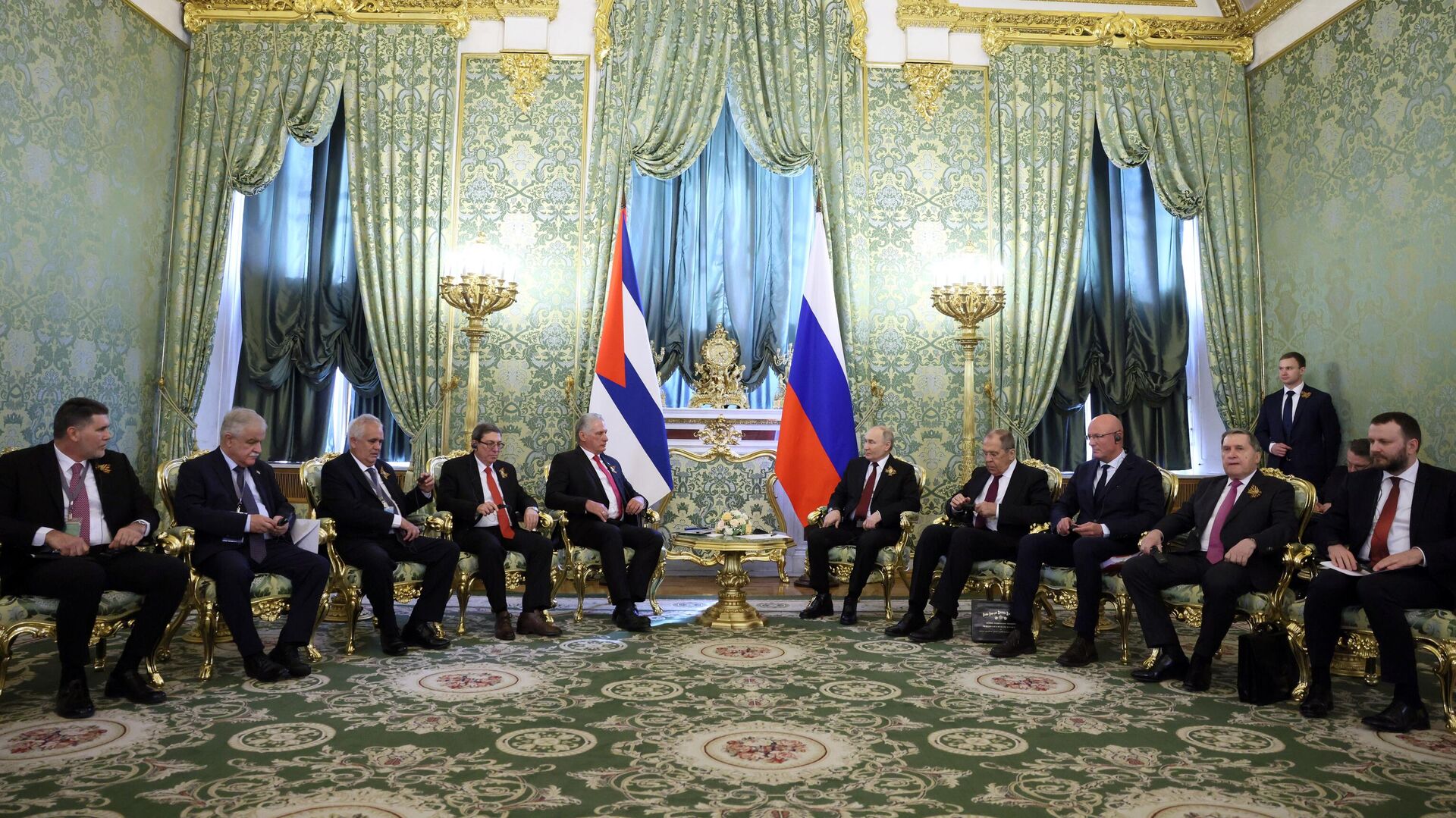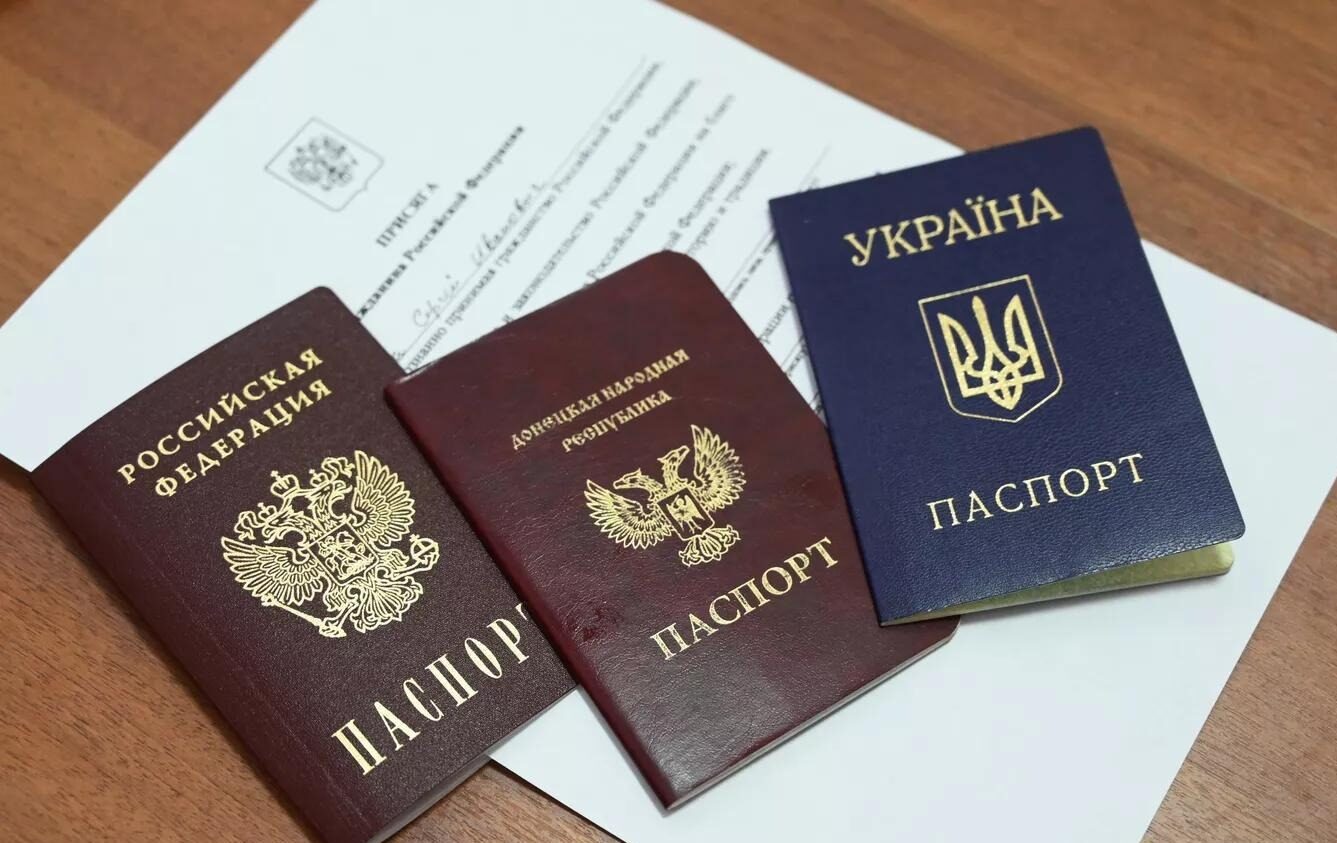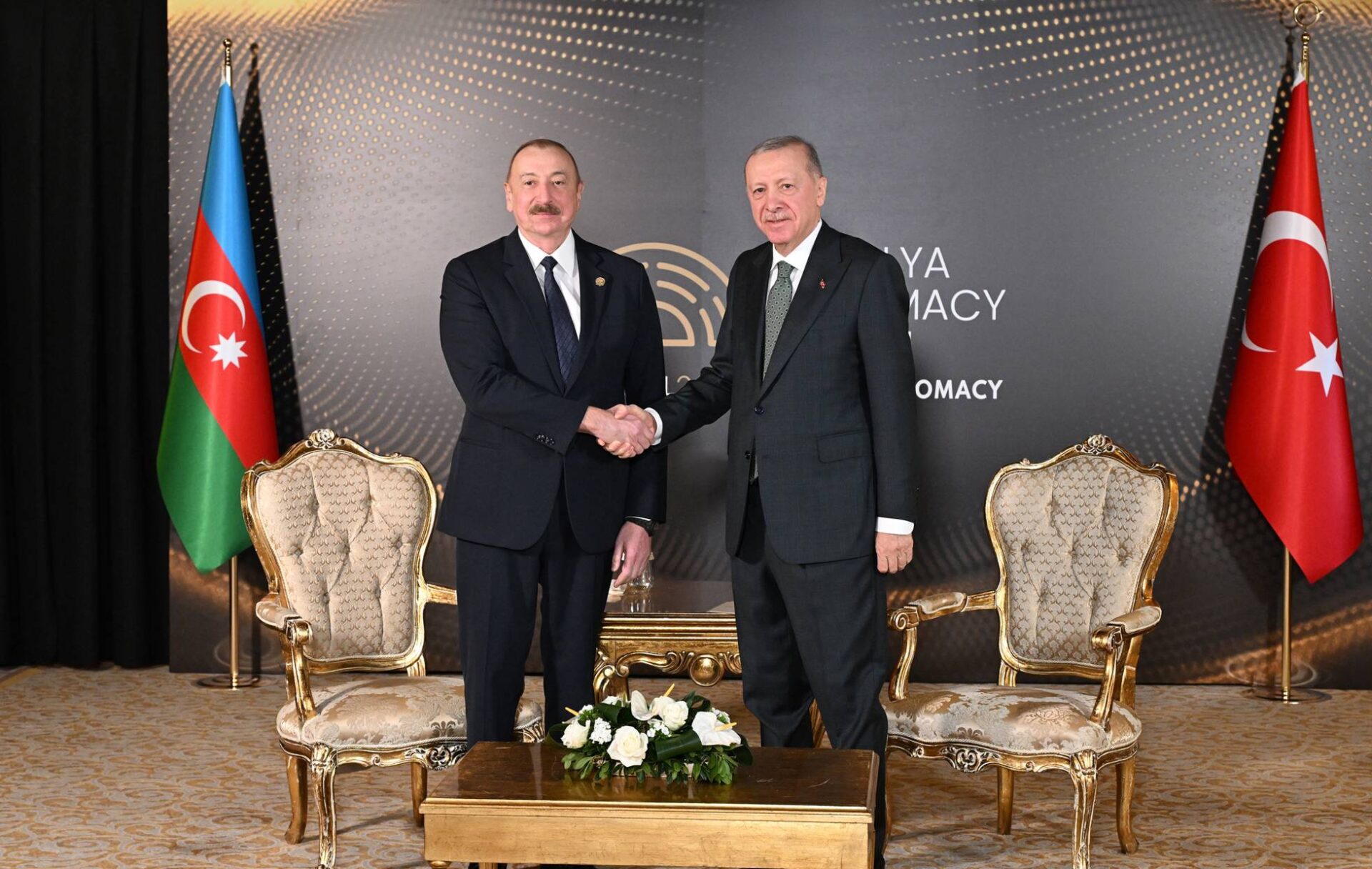IS COMPROMISE POSSIBLE BETWEEN YUSHCHENKO AND RULING COALITION?
IS COMPROMISE POSSIBLE BETWEEN YUSHCHENKO AND RULING COALITION?
Ukrainian President Viktor Yushchenko has rejected calls for a truce from Prime Minister Viktor Yanukovych and ignored the pacifying overtures made by Yanukovych’s allies in parliament last week. Yushchenko insists that his April 2 decree to dissolve parliament was in line with the constitution and that an early election to parliament will take place on May 27 despite the parliamentary majority’s disapproval. It is not clear, however, how and with what money the election will be conducted. The ruling coalition is boycotting it, and the Finance Ministry says there is no money for it in the state coffers.
The parliamentary majority’s initial reaction to Yushchenko’s decree was highly emotional. The coalition of Yanukovych’s Party of Regions (PRU), the Socialists, and the Communists, protesting Yushchenko’s legally doubtful decree, made a series of controversial statements ranging from accusations of power usurpation and calls for Yushchenko’s impeachment to instructions to the Prosecutor-General’s Office to open a criminal case into the “abuse of office” by Yushchenko, to threats of criminal responsibility against those state officials who complied with Yushchenko’s “criminal orders.” Parliament also took a highly controversial decision to restore Serhy Kivalov, who had been blamed for trying to rig the 2004 presidential elections in Yanukovych’s favor, as chairman of the Central Electoral Commission.
Yushchenko, however, did not bend to pressure, so the coalition changed its tactics and started to send pacifying signals. On April 4 parliament changed the wording of its April 2 statement against the dissolution, removing from it the accusation against Yushchenko of “masterminding a coup.” Speaking on the same day, Yanukovych offered Yushchenko a “zero option.” He said that his allies would accept most of Yushchenko’s earlier demands, such as amendments to the law on the Cabinet and making some of the provisions of the Yushchenko-drafted National Unity Declaration of August 2006 law, in exchange for the withdrawal of the April 2 decree.
Yanukovych made more compromise offers at his press conference on April 5. He ruled out impeachment for Yushchenko and said that he had asked Austrian Federal Chancellor Alfred Gusenbauer to mediate efforts to settle the Ukrainian crisis. Yanukovych remained firm, however, on the point of early elections. He said that his allies would recognize them only if the Constitutional Court finds that Yushchenko’s decree was legitimate.
On April 6 the pro-Yanukovych coalition showed yet more readiness to surrender to Yushchenko’s demands. A parliamentary session, which no supporters of Yushchenko attended, passed (237-23) Yushchenko’s plan to conduct exercises involving foreign troops in Ukraine in 2007, which it had rejected two days earlier. The coalition also expelled from its ranks the defectors from Yushchenko’s Our Ukraine (NU) and the Yulia Tymoshenko Bloc (BYT). Yushchenko had quoted the defections as the legal foundation for his decision to dissolve parliament (see EDM, April 3).
Yushchenko, however, firmly rejected the coalition’s overtures. Addressing the nation on Easter Eve, April 7, he said that it was his duty to “cleanse the temple of the Pharisees and merchants” with his decree on parliament’s dissolution. “My decision is constitutional and legitimate,” he said. “There will be no turning back.”
Yushchenko’s determination outraged the coalition. At an emergency session on April 9, parliament approved statements accusing Yushchenko of “blackmailing” the Constitutional Court, and the Security Service of “spying” on judges and coalition leaders, calling Yushchenko’s April 2 Decree illegal, and urging early presidential elections and a referendum to rule out NATO membership.
Yushchenko’s snap parliamentary election plan, meanwhile, faces serious difficulties. The coalition parties and their allies outside parliament are boycotting it. As a result, local electoral commissions are being formed without their participation. Finance Minister Mykola Azarov, who is one of the PRU’s founders, has said that no money will be provided for organizing the election because no funds for this had been earmarked in this year’s budget. Only parliament may amend the budget, but Yushchenko does not recognize parliament’s legitimacy after his dissolution decree. All this means that the election will hardly be properly organized, and significant irregularities should not be ruled out.
The results of the most recent opinion polls conducted by two respectable Kyiv-based pollsters show that the ruling coalition has nothing to fear if the Constitutional Court upholds Yushchenko on parliament dissolution and early elections. The current coalition, hostile to Yushchenko, would likely be preserved in the next parliament, so Yanukovych should be able to stay on as prime minister. His PRU would get 35.3%, according to the Sofia pollster, and 33.5%, according to the Razumkov Center. BYT should be second (25.1% according to Sofia and 24.9% according to Razumkov), followed by NU (Sofia’s 5.4% and Razumkov’s 9.6%), and the Communists (Sofia’s 4.7% and Razumkov’s 5%). The Socialists may fail to clear the 3% barrier (Sofia gives them 2.8%, and Razumkov 2.1%), but they will be competing for the last seats in parliament against the radically anti-Western Vitrenko Bloc (1.6% from Sofia, and 2.5% from Razumkov), which is another likely ally of the PRU.
(Channel 5, April 2-9; UNIAN, April 4, 6; Ukrayinska pravda, April 4; Interfax-Ukraine, April 6)


